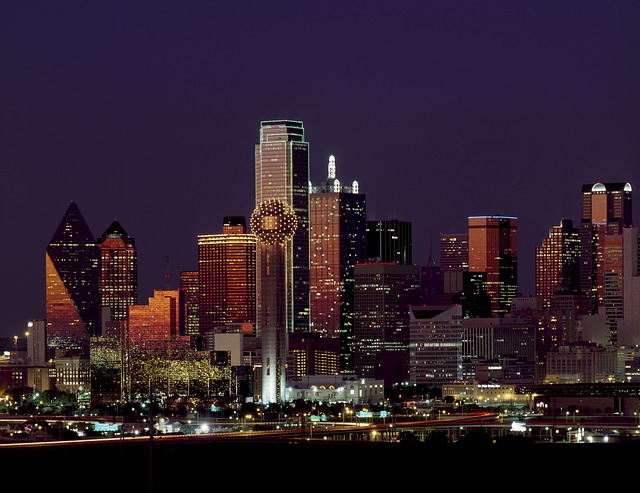From Austin to Dallas – Texas’ Start-Up Scene is Booming.
 When the phrase “start-ups in Texas” is mentioned, the city of Austin is typically the first place that may come to mind. Indeed, Austin does have a thriving start-up culture, one that frequently ranks highly on voguish start up hubs list. However, merely 200 miles northeast exists one of the United States’ largest business networks, base to 18 Fortune 500 company headquarters and where 25 billionaires call home.
When the phrase “start-ups in Texas” is mentioned, the city of Austin is typically the first place that may come to mind. Indeed, Austin does have a thriving start-up culture, one that frequently ranks highly on voguish start up hubs list. However, merely 200 miles northeast exists one of the United States’ largest business networks, base to 18 Fortune 500 company headquarters and where 25 billionaires call home.
Dallas – whilst the mention of the city may conjure images of Dallas Cowboys, Cheerleaders, or even the popular film, Dallas Buyers Club – is the city set to have a new reputation as a prosperous start-up hub?
Indeed, from the peppering of “sir” and “ma’am” in sentences to chicken-fried steak as a menu option, it is hard to resist the sweet Texan drawl and dining options. But Dallas has other benefits, in particular, a burgeoning business scene. This is due to a favorable tax environment and a collective Texan “can-do” attitude. Moreover, the region alone vaunts a list of entrepreneurs who found their affluence in oil and gas, semiconductors and real estate.
In 2015 in particular, the Dallas entrepreneurial ecosystem has been bustling with activity. For instance, according to PitchBook data, Angel investors invested $213.5 million into 35 start-ups in the first nine months of this year. That’s approximately three times last year’s total angel investments of $73.4 million in 42 deals. Thus, similar to Austin, a new generation of innovators, young start-ups and the digital savvy are putting North Texas on the world map as an innovation mecca, rivalling the likes of other cities such as Miami and New York.
However, it is important to note that Dallas is creating its own unique start-up ecosystem that is different from other cities. To begin with, the sheer size of Dallas, encompassing 9,200 square miles, indicates business is going to be conducted a little differently compared to the consumer-facing start-ups that inhabit tech hubs such as Silicon Valley.
In relation to this entrepreneur Craig Lewis, the founder of Dallas-based Visage Payroll, describes the evolution of Dallas. Lewis states, “It went from the cheerleading stage, where everybody said Dallas could be a start-up community, to you’re starting to see valuable companies form and people are getting legitimate pieces of funding; maybe not massive rounds but strong rounds. What’s more interesting is a lot of us are building strong businesses, substantive businesses in comparison to the fly-by-nights you see in other ecosystems.”
Thus, rather than paralleling Dallas with Silicon Valley or any other innovation mecca, entrepreneur Lewis labels it best, “We don’t have to do it like other start-up communities. We just need to be Dallas. There’s just one Dallas. Let’s just be the best Dallas we can be.” Furthermore, statistics such as the fact that Dallas is in the top 20 region for number of patents issued , has the 6th largest concentration of high tech workers in the U.S., and is the 5th largest metro in self-employment in the U.S., reinforce the idea that Dallas is indeed a suitable environment for start-ups.
Certainly, as this article reveals, the city of Dallas – aside from serving up niche food options and a friendly Texan attitude – also propositions a business-friendly state. With a thriving start-up network that is growing, the innovation ecosystem in the state of Texas is flourishing. Moreover, the R&D tax credit can help put cash back into start-ups and several states, including Texas, offer businesses their own version of the R&D tax credit. Individuals should take advantage of any R&D tax credits available at the state and federal levels as they can claim the credits concurrently. Contact us today to talk to a specialized R&D Tax professional who will be able to answer any questions you may have.
















